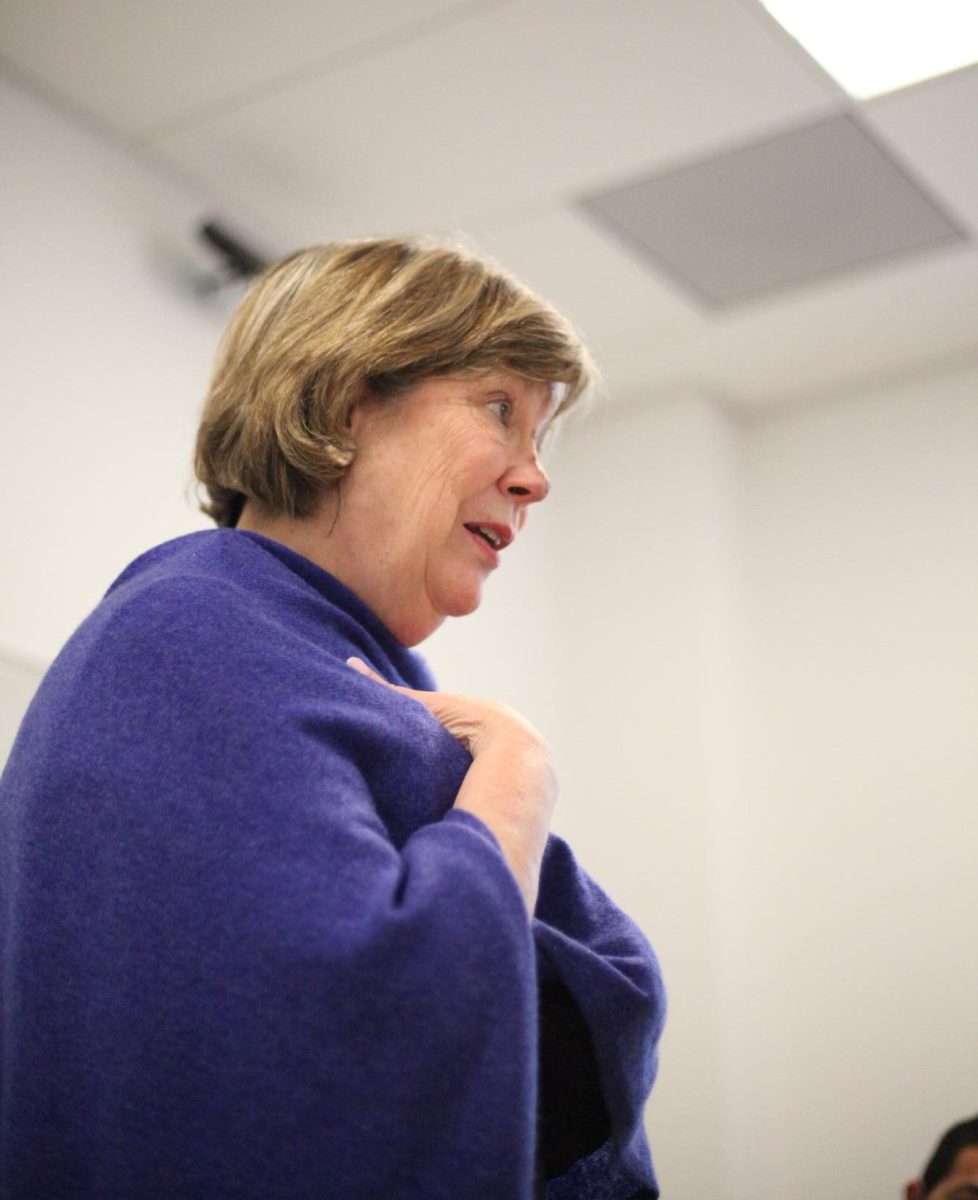Social media can mean a lot of different things to society: an easy way to connect with others through many different platforms, a helpful way to market, a way to connect with friends. However, social media platforms can cause a lot of harm as well. Anxiety when media is not accessible, a fear of panic when a screen won’t load and extreme boredom and loss of interest when the internet is offline; this is an actual mental health disorder that is becoming very common. It is called social media anxiety disorder, and it is one of the most common mental health disorders in the United State mostly affecting young people.
Checking any smart device every couple of minutes to see if there is a new notification or even just to skim through social media is a symptom of this disorder. In an article by technology website Media, “On top of stress from studying, writing papers, and involvements on campus, we are constantly distracted by our phones but more specifically social media.” It seems that the more technology that’s acquired creates more stress in life especially among college students who are trying to figure out what they want to do in life. As college students are leaving home, usually for the first time, it makes it difficult to find a balance between school and a social life.
Living in a digital age where almost everyone has a smart phone in hand at all times makes social media a part of all of our lives. Although social media does have many benefits, like making it easier for college students to connect with others and create relationships, it can cause extensive issues. Many professors are also using apps with a social media layout to connect with their students making it convenient to message and update assignments. But it is also creating many problems for young adults like low self-esteem, low body image, sleeping problems, social isolation, and many mental health issues.
A study done by United Educators claims over a five-year period that mental health is growing at a dangerous rate among college campuses. Claims were mostly made by women, who often are faced with unrealistic body expectations due to photoshop and social networking. Depression and anxiety were the most common issues that were reported. The pressure that is put upon college students to graduate in four years, while going to school full time, working, and maintaining a social life is overwhelming, making it unbearable for many students to finish college because of the unrealistic expectations.
In an article by the Huffington Post, Anne Marie Albano, director of the Columbia University Clinic for Anxiety and related disorders, explained how social media can act as a “counterfeit reality” for students who are unable to cope with their circumstances in real life. This is also leading to social anxiety and issues that make it difficult to interact in conversations with others in person.
Being able to publish what is appealing to others on social media, usually the most aattractive version of one’s self, is common. This is when it makes it easier to start comparing other’s happiness and creating false impressions of how successful others’ lives are.
College students who feel like social media is impacting their mental health and academic should try using social media less. Breaking the habit of checking your phone every few minutes or even hours will be helpful. Focus more on the present life instead of other’s virtual lives. Set restrictions for yourself by staying off of social media for a couple of days.




































